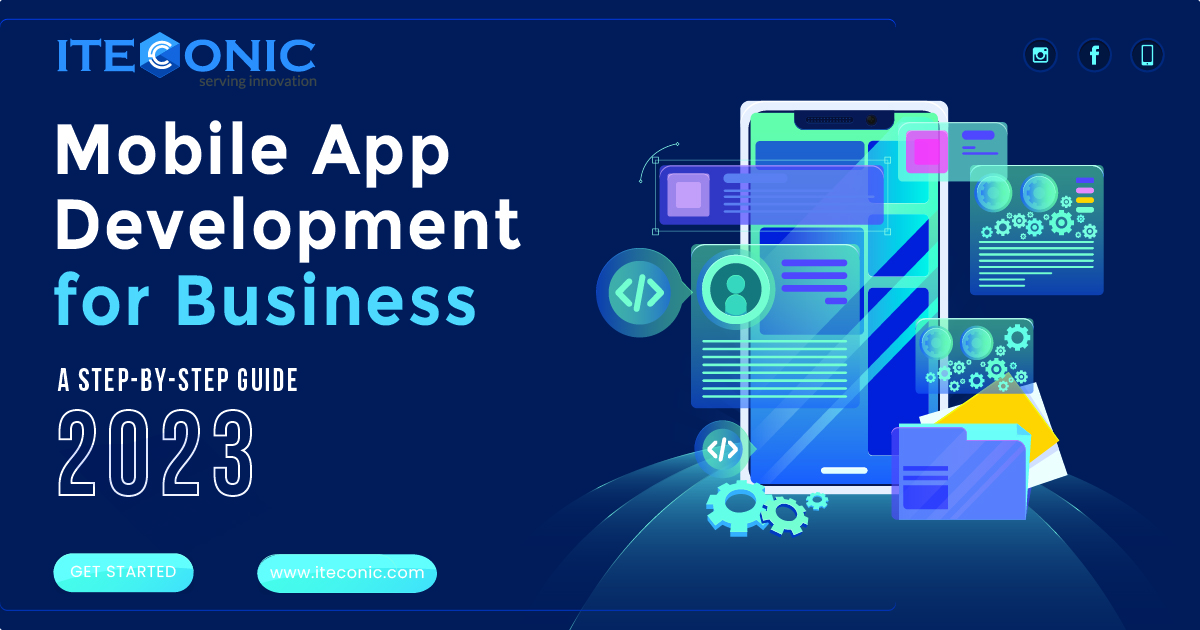What is NativePHP? Key Features, Uses, and How It Works

In this blog, we are going to gain insights into Native PHP, which includes the definition, features, uses, and its overall working mechanism. This data would be useful for Native PHP app development which would be the future of web development.
In the genre of web development, PHP (which stands for Hypertext Preprocessor) has been one of the favorite names useful to build web applications and websites. To stay ahead in this, a new framework named Native PHP is launched to build and design native desktop apps using the core set of PHP and web technologies. As the technical crowd says, it is going to be a revolutionary framework that allows all PHP developers to build robust and scalable cross-platform desktop apps by utilizing their existing skills.
To know more, let’s explore the exciting opportunities associated with this new framework.
What is Native PHP?
With the announcement of Native PHP, it has taken the world up a storm by creating rapid and rich cross-platform and native applications via technologies and tools they already gel up with Javascript, HTML, PHP, and CSS. If you too are wondering, what is Native PHP, then it states –
Native PHP typically refers to the framework, which allows PHP developers to quickly create desktop applications by applying easy-to-use classes and a set of tools. As we all know, PHP is a popular server-side scripting language that is widely used for web development, hence launching a new technology in the technical-driven space would add more value and long-term goals for developers and designers.
When developers talk about "native PHP," they usually mean with the use of the built-in features and functions they can now build and bundle your native applications with ease. Meanwhile, one should need to know that currently, it only supports a Laravel driver but works progressively to make it work with different frameworks as well, including Express.js, Angular, Ruby on Rails, Spring Framework, etc.
Note that, currently, Native PHP is in the alpha phase and is not ready to build and develop applications yet.
What are the True-Tone Advantages of Native PHP?
Being the upcoming top Native PHP application development company, we are working towards gaining more insights about this technology and will start using it right after its market launch. Native PHP allows developers to interact with databases, process forms, and handle various other tasks without the need for additional dependencies.
Some advantages of using native PHP include:
-
Portability: Native PHP code should work on any server with PHP support without requiring the installation of extra libraries or frameworks.
-
Performance: Since Native PHP does not have additional overhead from external dependencies, it can be more efficient in terms of execution speed and resource usage.
-
Lightweight: For simple projects or specific tasks, using only native PHP can keep the codebase small and straightforward.
However, it's worth noting that PHP has a vibrant ecosystem with numerous libraries, frameworks, and tools developed by the community to extend its capabilities and make web development faster and more efficient. Often, developers use these third-party resources to build complex and feature-rich applications more easily.
What are the Features of Native PHP App Development?
Native PHP has gained an insight to be a revolutionary framework versatile with PHP to collect easy-to-use classes and runs a static PHP that lets the application run on any user’s system effortlessly. However, to stay with the facts, the Native PHP provides various features that allow developers to build dynamic and interactive native desktop applications. Some of the key features of Native PHP app development include:
-
Easy-to-use Abstractions – This will allow you to interact with multiple host operating system features.
-
Best for Electron or Tauri Browser – There is a set of tools accessible to build and bundle desktop applications by utilizing the environment of Electron or Tauri browser.
-
Static PHP Runtime – Allowing the application to run on multiple user’s systems with ease.
-
Versatile in Nature – Taking about the most compelling aspect of this new framework then it would be its versatility. Unlike others, Native PHP is not a single solution to build native desktop apps, as developers are free to go with their preferred PHP framework like Symfony or Laravel.\
-
Ideal for UI Toolset – One should need to understand that Native PHP isn’t a GUI framework that allows app engineers and developers to choose any preferred UI toolset and work on it, including Livewire, Vue, HTML & CSS, or React.
While Native PHP provides essential tools for web development, many developers choose to use frameworks like Laravel, Symfony, or CodeIgniter to streamline and expedite the development process. These frameworks build on top of Native PHP, providing additional tools, structure, and conventions to develop complex web applications more efficiently.
Native PHP Application Development Company Explains How It Works!
With the recent announcement, Native PHP has become a star in the crowd by settling up with out-of-the-box features and true-tone benefits, making it even worthy for developers. Talking about the features then it includes –
· Menu Management
· Window Management
· Database Support (SQLite)
· File Management
· And Native Notifications
With all of these functionalities, there is no doubt that the developers are in the golden phase of their career and can now focus on building interactive cross-platform desktop applications with ease.
Meanwhile, if you’re wondering how it works, the Native PHP Application Development Company has covered this topic too!
In order to begin utilizing Native PHP, app engineers need to first ensure that they are fulfilling the major requirements, like;
-
Meet up the framework’s requirements such as PHP 8.1, Laravel 9 or higher.
-
Once the Native PHP Electron package has been installed via Composer, now it’s time to move further in the process.
-
Now, run the Native PHP installer to bootstrap the native applications.
-
With this, the developers can now begin the development server to identify if the application is running smoothly in any native desktop window or not.
Is Native PHP Used In Mobile App Development?
No, Native PHP is not typically used in mobile app development. As we all know, PHP is primarily a server-side scripting language designed for web development, and its main purpose is to generate dynamic web pages and interact with databases. It is executed on the web server and not on the client side (such as mobile devices).
Mobile app development is a process which typically involves creating apps for mobile devices only. While Native PHP can be used to develop the front-end with React, Vue, Inertia, etc, and, it is not directly used to build the front-end or user interface of the mobile app itself.
There are several other technologies commonly used for mobile app development:
-
Native Mobile App Development: This approach involves using the platform-specific programming languages and development environments provided by the mobile operating systems. For iOS apps, developers use Swift or Objective-C for Apple's iOS platform, and for Android apps, Java or Kotlin is used for Google's Android platform. Native apps offer the best performance and access to platform-specific features but require separate codebases for each platform.
-
Cross-platform Mobile App Development: Cross-platform frameworks like React Native, Flutter, Xamarin, and others allow developers to write code once and deploy it on multiple platforms (iOS and Android). These frameworks typically use a single codebase, making development more efficient and cost-effective compared to native development. However, there might be some trade-offs in terms of performance and access to certain native features.
-
Progressive Web Apps (PWAs): While not native mobile apps in the traditional sense, PWAs are web applications that offer a mobile app-like experience on a web browser. They can be built using HTML, CSS, and JavaScript, making them accessible across various platforms and devices without the need to create platform-specific code.
In short, Native PHP is mainly used for web development, while mobile app development involves using platform-specific programming languages and development frameworks or adopting cross-platform technologies to build applications for mobile devices.
Real Also:- Top 10 Reasons to Hire Best Mobile App Development Company for Businesses
Top 10 Competitors of Native PHP You Should Know in 2023
Since the Native PHP is an alpha release and is not ready to develop applications yet, it’s difficult to compare it with its competition. Meanwhile, you can say that it is a new PHP version with more features and functions, so we can cover the competitors of PHP in this section.
There are several programming languages and technologies that compete with PHP for web development and other server-side applications. These languages offer different features, performance characteristics, and ecosystems. Here are ten competitors of Native PHP:
-
Python: Python is a versatile and easy-to-learn language known for its readability and clean syntax. It has a large community and a wide range of frameworks like Django and Flask that make web development efficient.
-
Node.js (JavaScript): While PHP is a server-side language, Node.js allows JavaScript to run on the server side, making it a competitor for certain web development tasks. Currently, it is the hottest technology trending in web development and can be helpful to boost up the server’s overall performance and speed.
-
Ruby: Being a powerful dynamic language, Ruby, along with the Ruby on Rails framework, is known for its developer-friendly syntax and the ability to rapidly develop web applications. It majorly focuses on rapid prototyping, which makes it the go-to framework for many developers.
-
Java: Java is a robust and widely-used language, often chosen for enterprise-level applications. Java-based frameworks like Spring and JavaServer Faces (JSF) compete in the web development domain.
-
C# (.NET): C# is a language developed by Microsoft and is used in conjunction with the .NET framework. It's often chosen for Windows-centric applications and enterprise solutions.
-
Go (Golang): Go is a language created by Google, known for its performance, simplicity, and support for concurrent programming. It has gained popularity for building high-performance web services and APIs.
-
Scala: Scala is a language that runs on the Java Virtual Machine (JVM) and is designed to be a blend of object-oriented and functional programming paradigms. It is commonly used in combination with the Play Framework for web development.
-
Elixir (Phoenix Framework): The Phoenix Framework makes it suitable for building real-time applications and distributed systems. Elixir is considered to be the most powerful option from the rest of the options mentioned in this list.
-
Rust: Rust is a systems programming language known for its focus on safety and performance. While it's not a traditional choice for web development, it's gaining popularity for specific server-side tasks.
-
Perl: Perl was once one of the dominant web development languages but has seen a decline in popularity over the years. Nonetheless, it still has an active community and is used in some legacy systems.
.jpg)
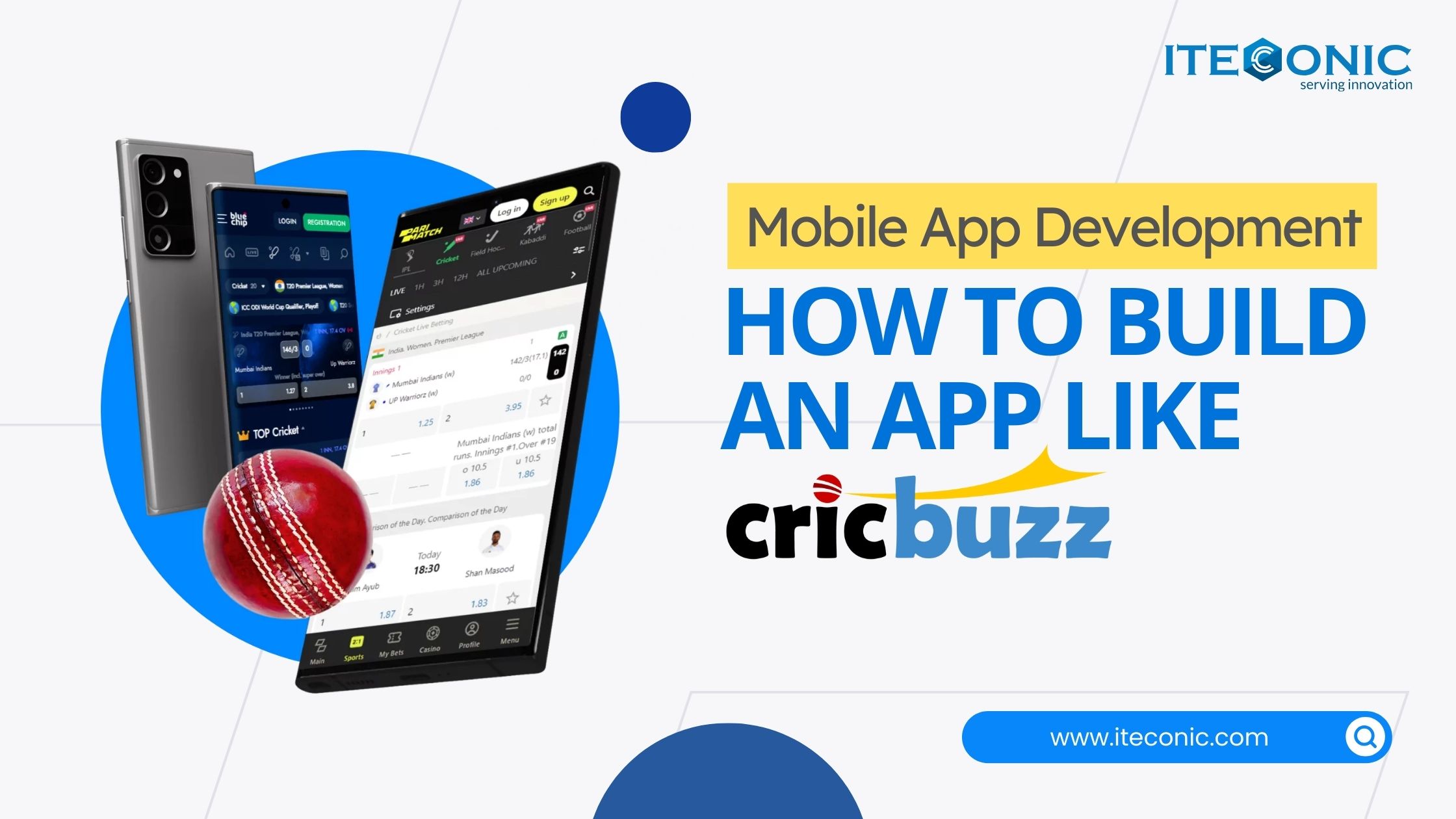
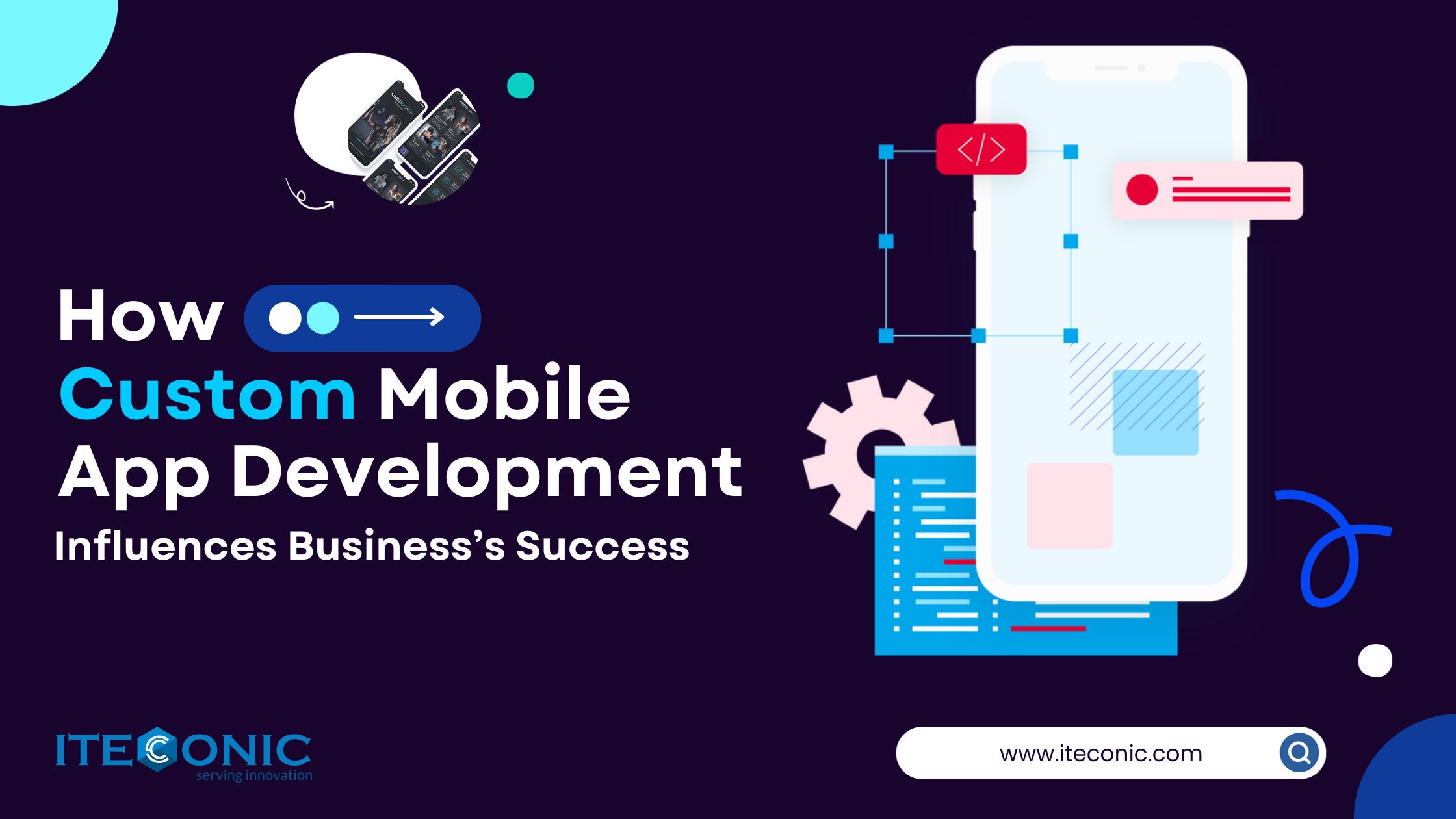
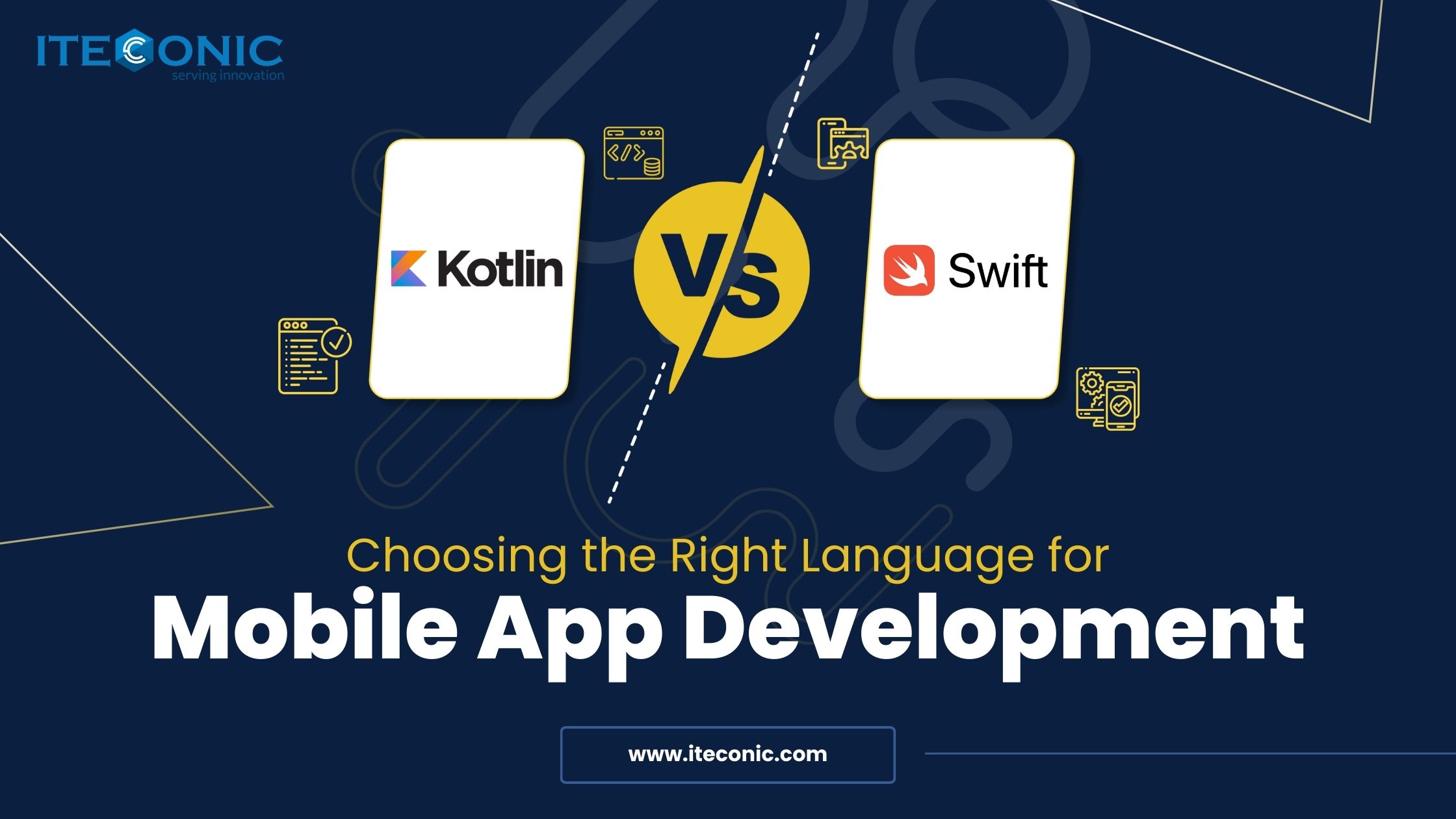
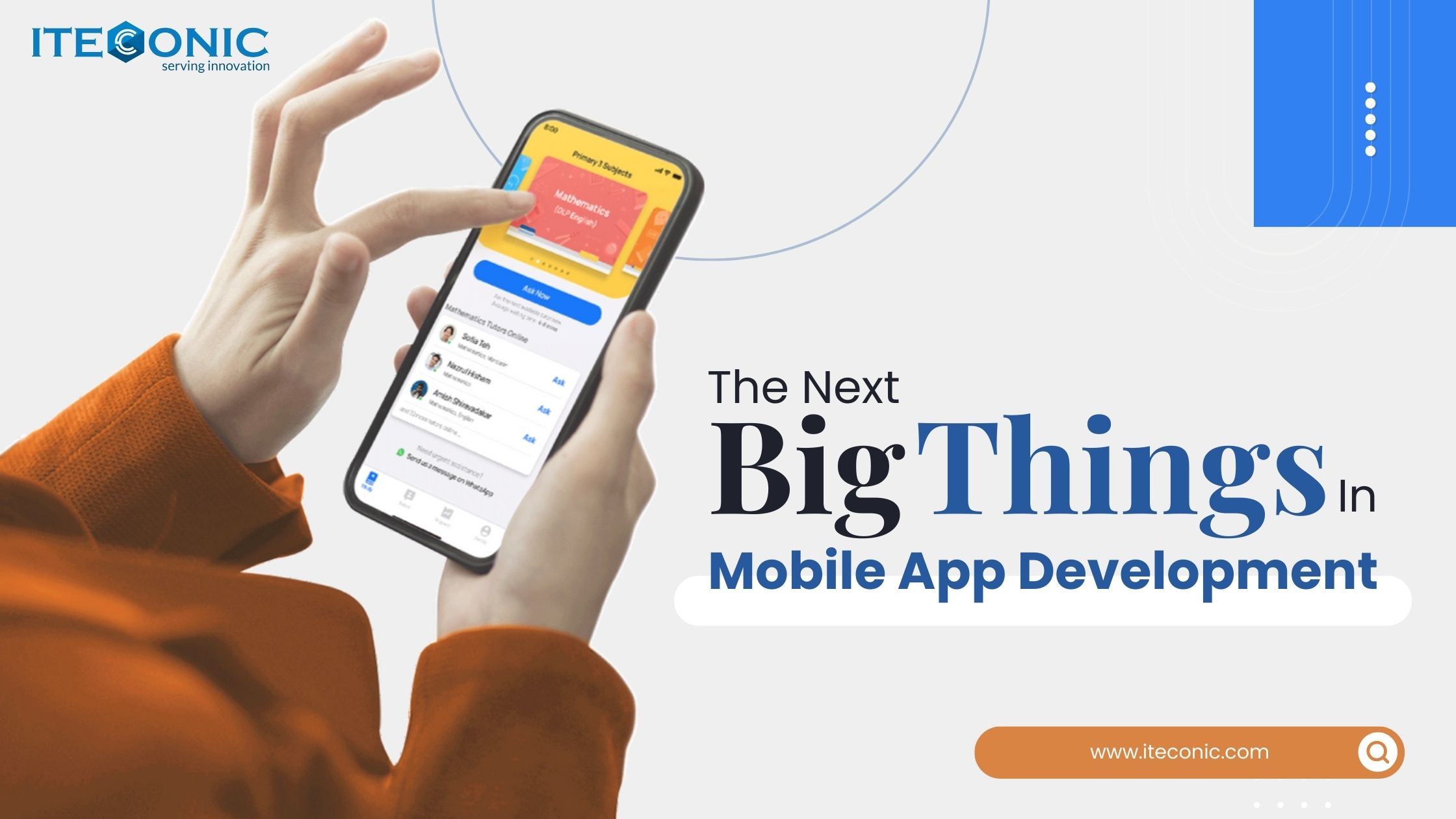
.jpg)
.jpg)
.jpg)
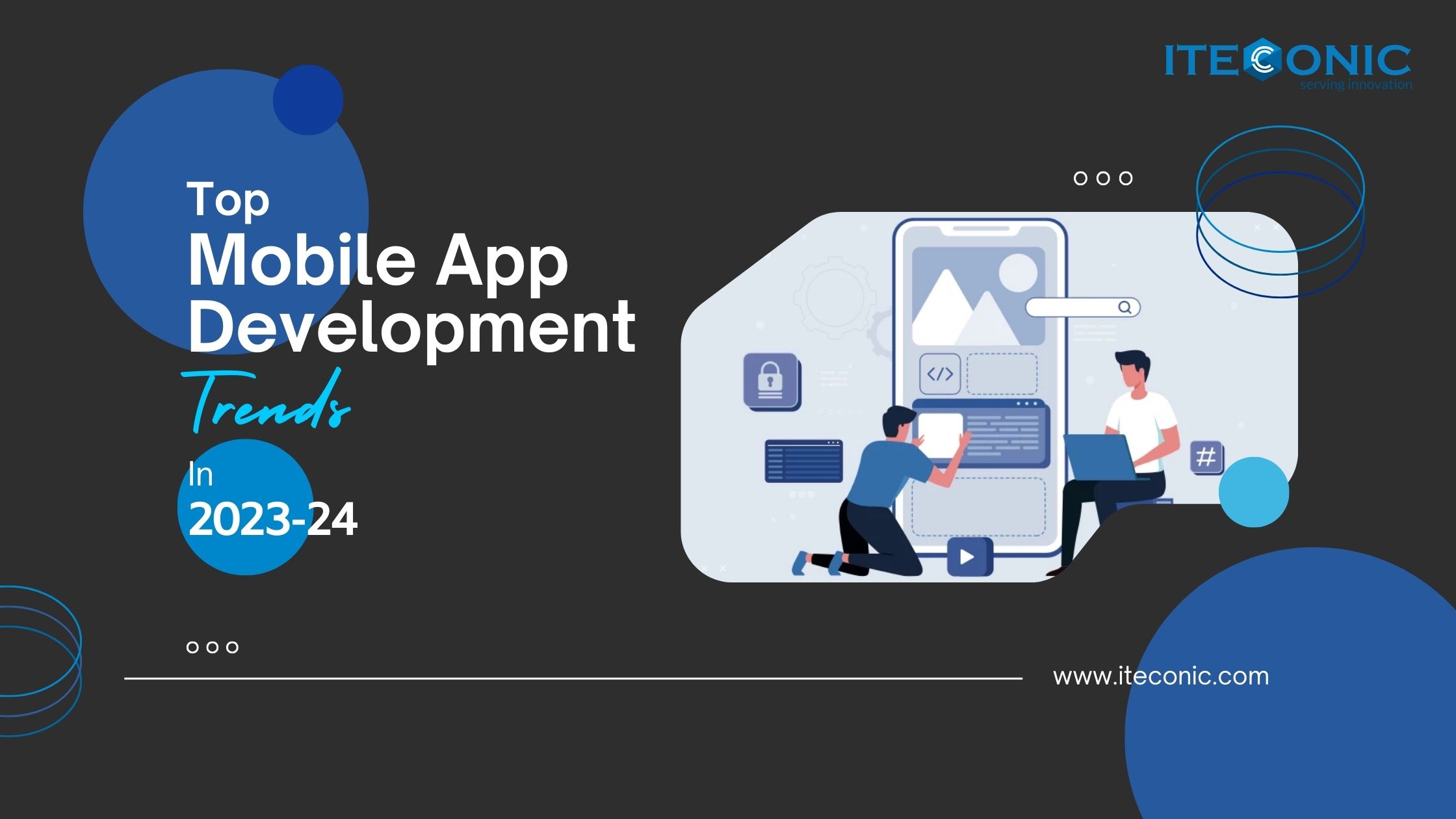
.jpg)
 (1).jpg)
.jpg)
.jpg)

 (1).jpg)

.jpg)
 (2).jpg)
.jpg)
.jpg)
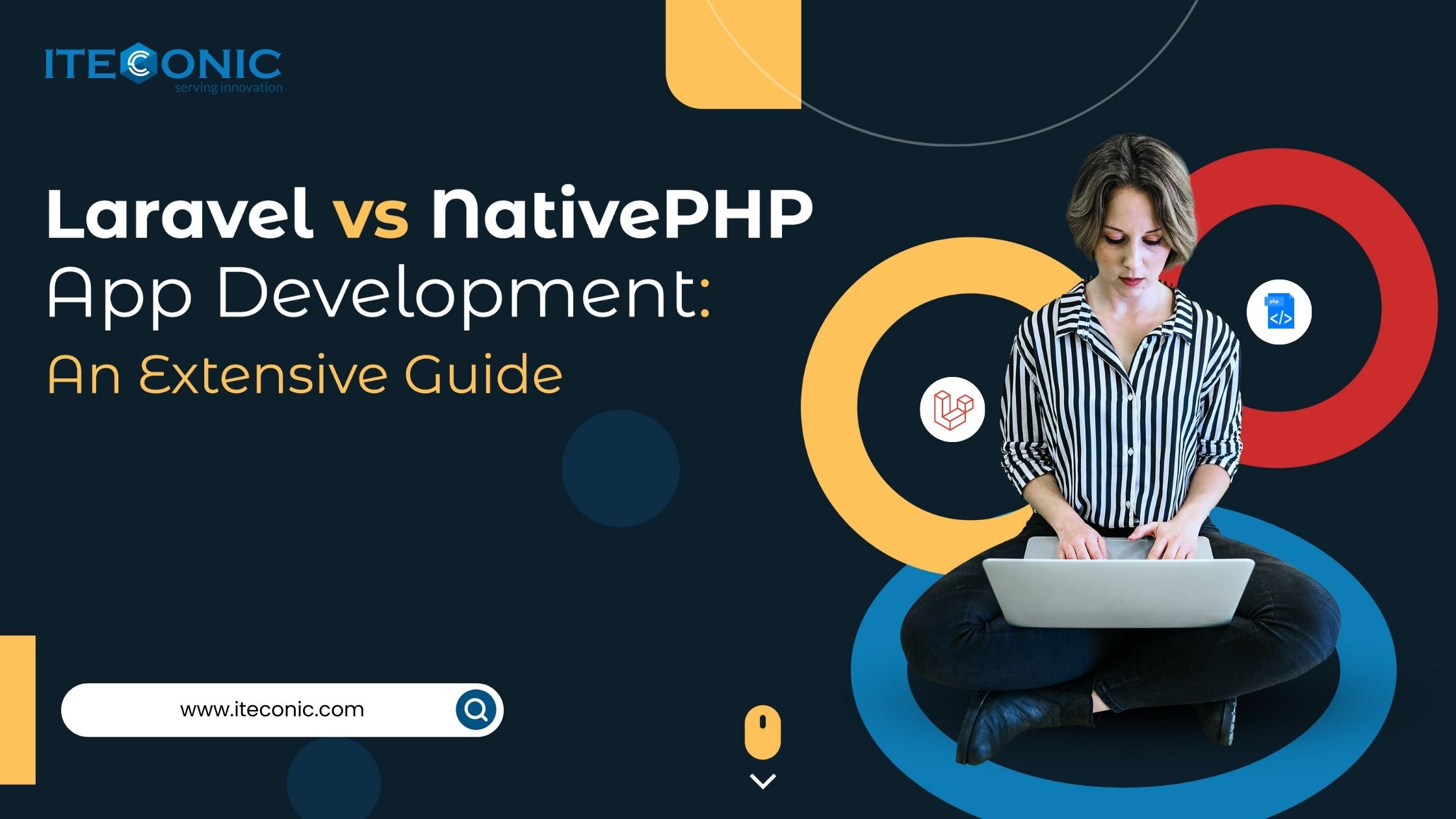
.jpg)


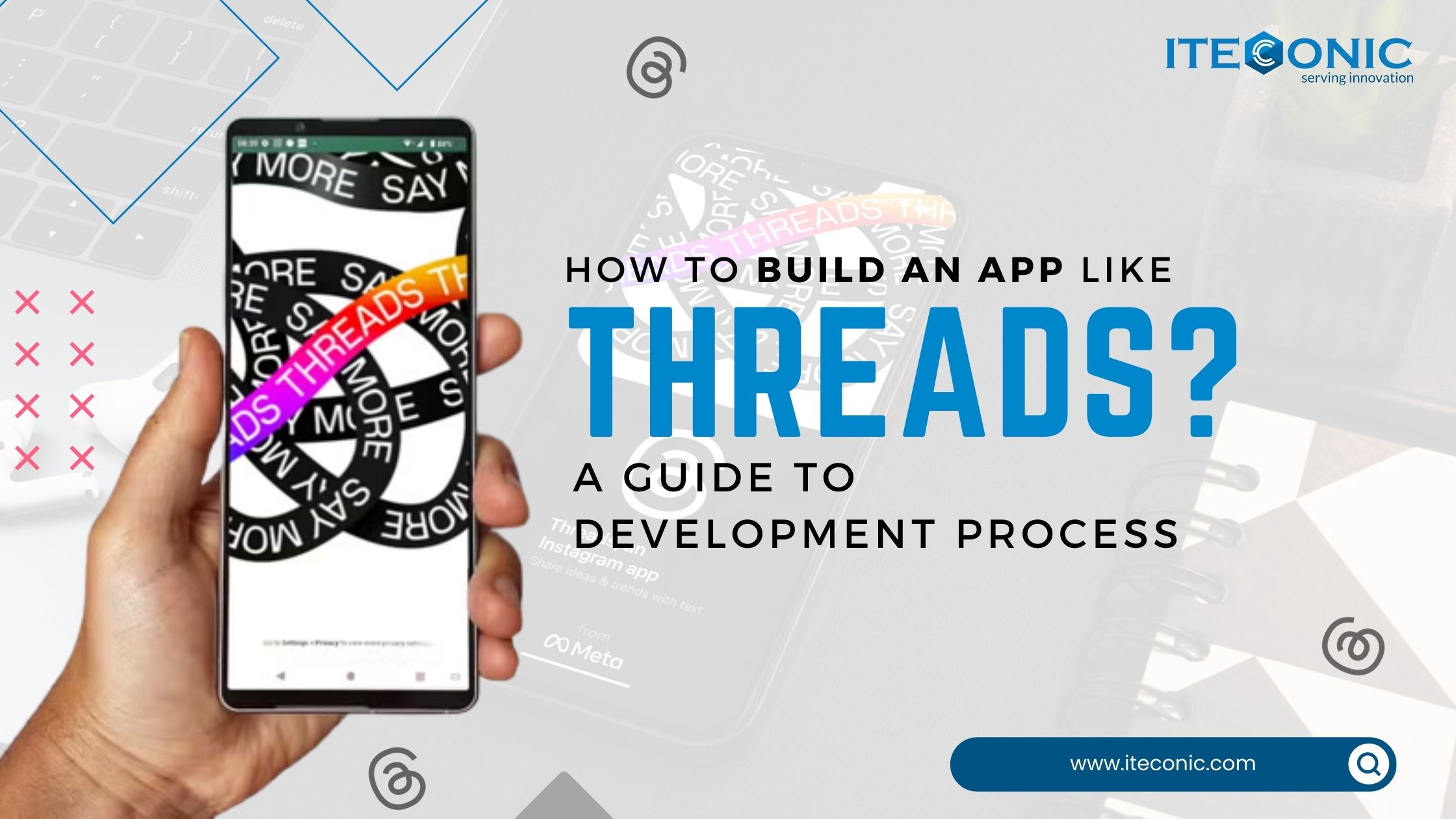
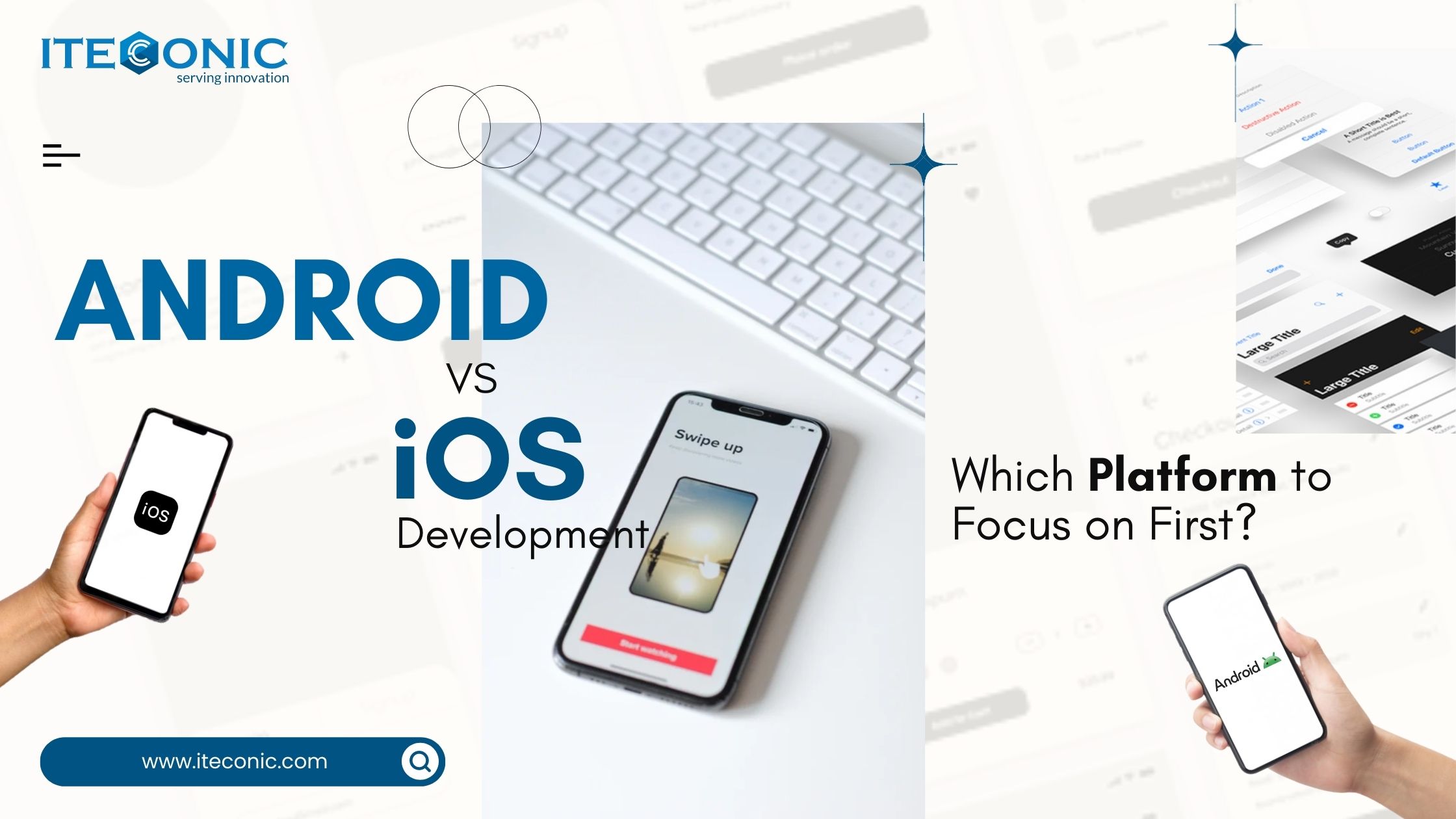

.jpg)
.jpg)
.jpg)

.jpg)
.jpg)
.jpg)
